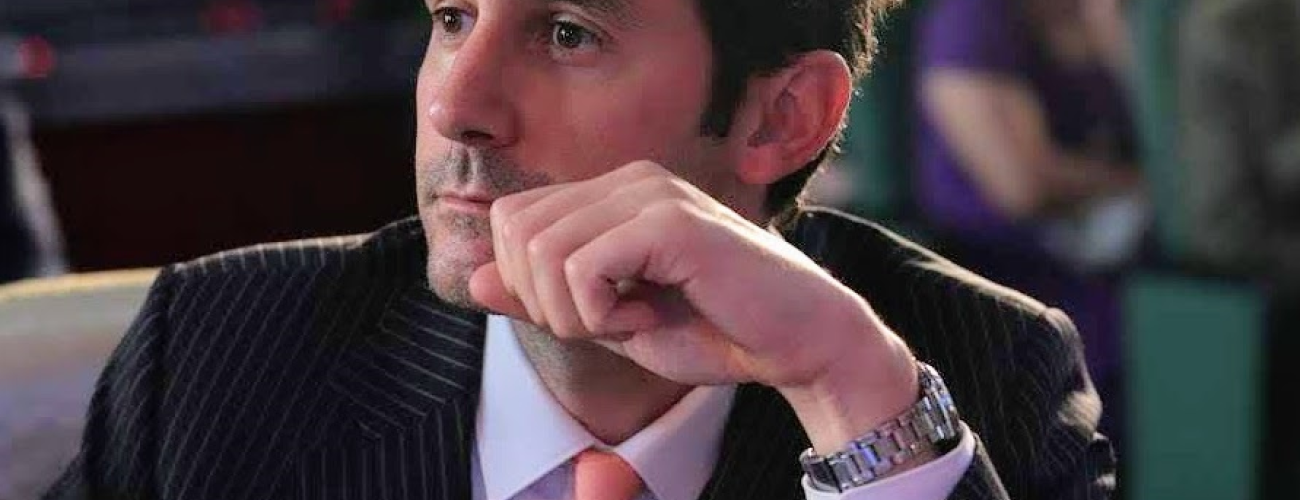
@EELISA
EELISA Credential: the materialization of an impactful learning experience
As EELISA Communities grow, pick up speed, and promote their first activities, landing EELISA’s main vision of innovative learning and societal impact into a measurable output for the people involved seems to be key. In this brief interview, Thibaut Skrzypek, leader of the EELISA Work Package 3 (Education Management & Accreditation), gives us some insights into the innovative concept of the “EELISA Credential” and the prototyping processes attached to it.
Q. What is the link between the EELISA Credential and the EELISA Communities?
A. EELISA Communities produce activities that are innovative and transformative learning experiences for the participants, primarily the students. The EELISA Credential is the “academic materialization” of these experiences – it is a passport in which the student collects the evidence of participation in the activities of the EELISA Communities.
Q. How does the EELISA Credential work and how is it exactly connected to societal impact?
A. The educational outcomes of the Sustainable Development Goals are the “common currency” of the EELISA Communities’ activities for the EELISA Credential. Each activity will target one or more of the Sustainable Development Goals addressed, with a greater or lesser level of learning, depending on the educational ambition and the level of involvement required (engagement/attendance, knowledge, commitment, impact). At the end of each activity in which s/he participates, the student will receive a certificate or badge attesting to the SDGs concerned and the level reached. This system allows for a progressive enrichment of the student’s “passport” throughout their academic career.
Q. Could you explain, in a few words, what would this EELISA Credential bring to the student’s academic life and beyond?
A. This new form of standardized recognition would allow the student to have a visibility on her/his progress in terms of knowledge and skills that is complementary to the classical path of an academic degree course. While a regular education addresses a profession, a sector or a scientific domain, the EELISA Communities will allow to address societal challenges in addition to that. It feels important to us to materialize, in an innovative form, the initiation and mastery of concepts and skills that students, and all participants involved in the EELISA Communities, will be able to develop. For instance: we plan to explore a digital form of this recognition, usable by students towards employers.
Q. What are the next steps for the EELISA Credential implementation?
A. The EELISA Alliance has been prolific with over 20 Communities in development to date, and each Community seems to be able to offer a wide range of activities in terms of educational experience. The challenge for the EELISA Work Package 3 is to define common rules of the game in cooperation with Work Package 4 (EELISA Communities): How are the educational outcomes of the Sustainable Development Goals targeted? How do activity designers calibrate the level and methods of assessment? How do we track the participation, validation, and issuance of each badge/certificate for each activity? How does this aggregate to an individual Credential for each student?
Q. Is there any prototyping process in progress?
Yes. We are getting ready to work with three “guinea pig” communities: EELISA on the move, EELISA Tech Diplomacy, and EELISA AI4 Manufacturing. These three EELISA Communities were proposed by UPM and FAU and will try to prototype these “rules of the game” and the processes based on their structure and activities. I must confess that these works and reflections are, I think, a learning experience in itself for me and the colleagues cooperating on this topic!
Thibaut Skrzypek, leader of EELISA Work Package 3 (Education Management & Accreditation), is a civil engineer. He was Vice-Dean of the Civil Engineering Department of ENPC, and also worked in continuing education. He develops international academic cooperation partnerships for École des Ponts ParisTech.
This article was first published on EELISA website.

